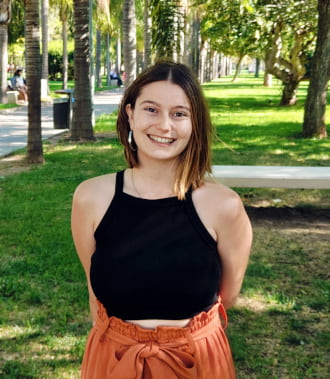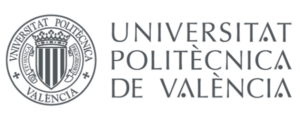Water Quality
CALAGUA
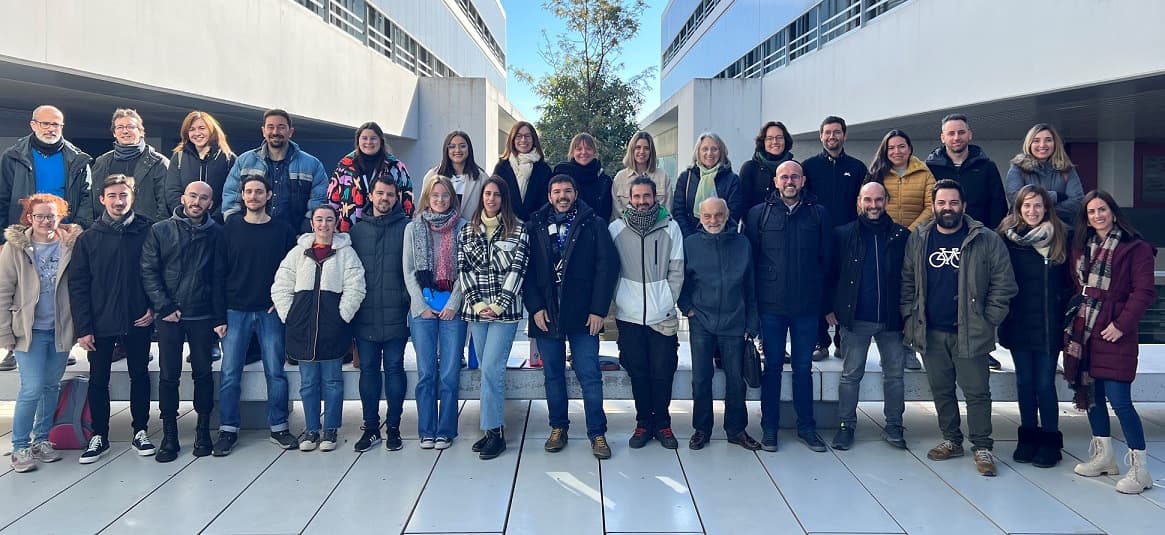
The Water Quality Team has more than 30 years of experience in researching all aspects of water treatment and management. This work has mainly focused on the biological treatment of wastewater and modelling the quality of natural bodies of water, in both cases with software developed in our own laboratories.
Integral studies of Wastewater Treatment Plants include aspects such as the elimination of organic matter, nitrogen and phosphorus, fermentation of primary sludge, anaerobic digestion including precipitation processes, struvite crystallization-based phosphorus recovery, and nitrogen elimination in sludge dehydration supernatant. Different approaches are used for these integral studies:
-
- Experimental study, both in the laboratory by sequential batch reactors and using pilot plants in wastewater treatment plants.
- Study of wastewater treatment systems using anaerobic membranes.
- Study of nutrient recovery of wastewater by microalgae cultivation.
- Study of nutrient recovery from streams with medium and high concentrations.
- Modelling of the physical, chemical and biological processes involved in wastewater treatment by the creation of global models to simulate the interaction of the principal processes that take place in a treatment plant with suitable calibration of the model parameters.
- Microbiological studies of the biomass involved in the different biological processes of wastewater treatment plants.
- Development of control systems to optimise operations in wastewater treatment plants, including control of aeration, pH, sludge level in primary settlers and the elimination of nitrogen and phosphorus.
- Application of statistical modelling methods to monitor, diagnose and control wastewater treatment plants.
- Development of software tools for the simulation ofthe different processes modelled.
One example of the useful knowledge acquired through our many research projects, is the development of software for the design, simulation and optimisation of water treatment plants. The software DESASS (Design and Simulation of Activated Sludge Systems) was developed with financial support from the Valencia Wastewater Treatment Public Entity (EPSAR) and allows the (static state) design and (transitory state) simulation of the biological processes involved in the removal of organic matter and nutrients, fermentation-elutriation and anaerobic digestion. The software can also design strategies to deal with dissolved oxygen, ammonia and nitrates control.
To sum up, the final aim of all our research projects is to achieve a global model of all the physical, chemical and biological processes used in wastewater treatment plants to remove organic matter and nutrients by both physical and biological means. These projects are financed both by contracts and grants from the Valencia Wastewater Treatment Public Entity as well as from many other public and private organisations involved in water treatment.
Our main clients are WWTPs operating and controlling companies, industries that generate wastewater that must be treated before it is discharged, public administrations, concessionary companies of design and/or expansion of WWTPs and any company related to wastewater treatment.
Studies carried out in the natural environment cover both water quality and sediments, with particular emphasis on eutrophication processes and interactions between water column and sediments. Work on wetlands restoration includes research on the use of artificial wetlands in these ecosystems and their mathematical modelling in collaboration with the IIAMA Water Resources Management group. Other lines of work of the group are the development and dissemination of low-cost technologies for the wastewater treatment of small communities and the changes in the water quality produced by Sustainable Drainage of Urban Systems in collaboration with the Hydraulic and Hydrology Group of the IIAMA.
Responsible of group

Ramón Barat Baviera
Professor
Professors and Research Staff

Daniel Aguado García
Professor

Juan Andrés González Romero
Assistant Professor
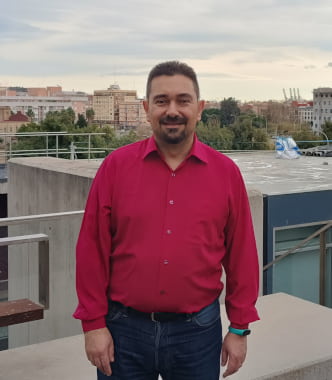
Joaquín Serralta Sevilla
Professor
Research Support Staff

Lydia Fernandez Tierraseca
Predoctoral researcher
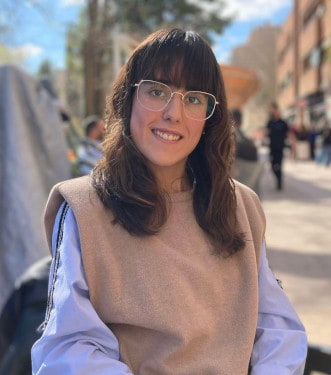
Silvia Hernández Cuenca
Predoctoral researcher
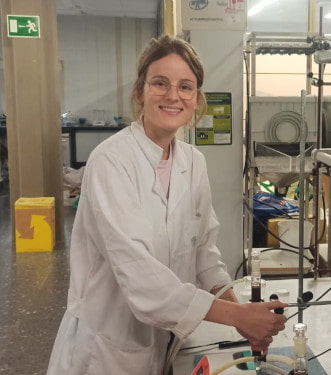
Laura Ruíz Cosgaya
Predoctoral researcher
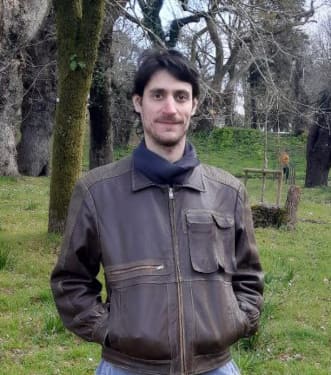
Pau Sanchis Perucho
Postdoctoral researcher
